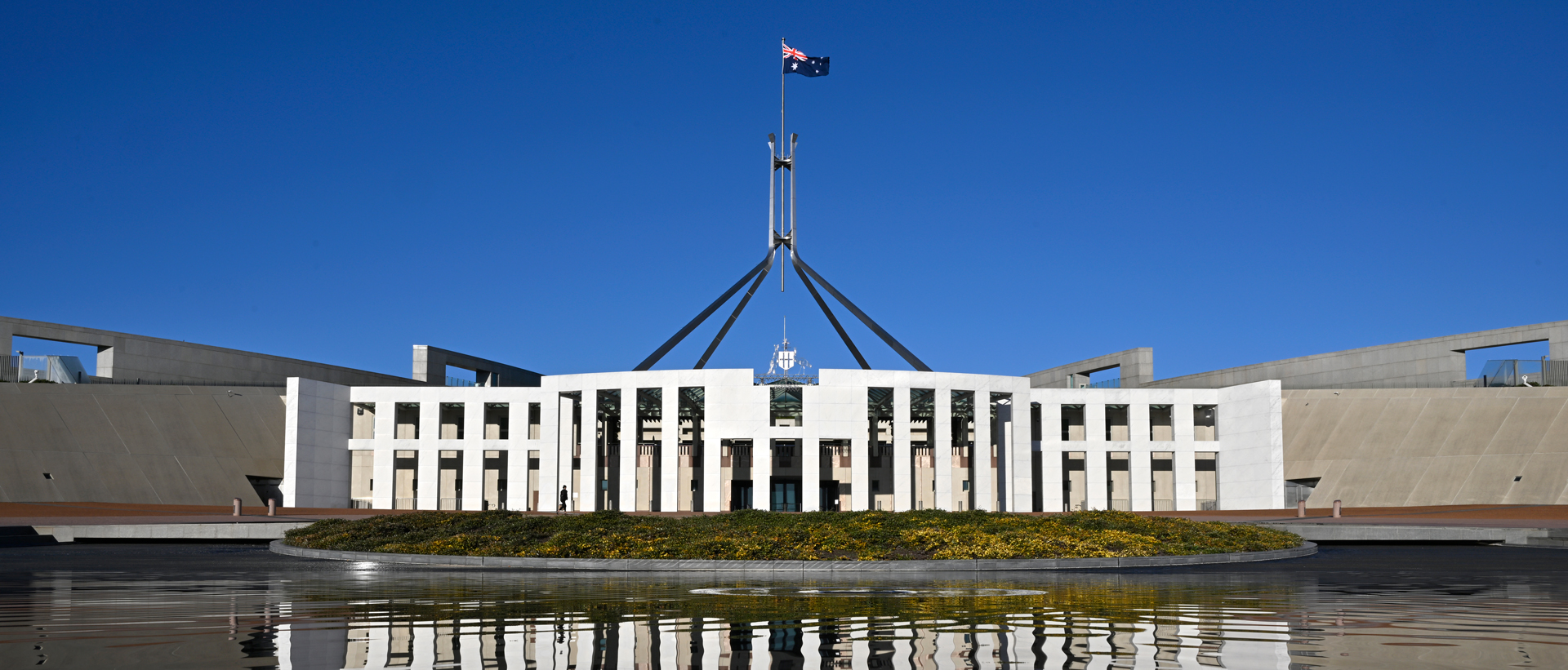
2025-26 Australian Federal Budget Overview
The 2025/26 Federal Budget prioritised cost-of-living relief, modest income tax cuts, support for small businesses, and reforms to superannuation and housing initiatives.
Budget Overview
On 25 March 2025, Treasurer Jim Chalmers handed down the 2025–26 Federal Budget. The Budget centres on delivering cost-of-living relief, modest income tax cuts, increased compliance activity, and significant investments in energy, housing, and public services.
This summary outlines the key measures likely to impact individuals, small and medium enterprises (SMEs), and superannuation outcomes.
Here are the key takeaways from the 2025–26 Australian Federal Budget, as summarised by our team at Enrizen:
SME and Business
Legislative Update: Tax Deductions for GIC and SIC to Be Removed from 1 July 2025
Parliament has passed the Treasury Laws Amendment (Tax Incentives and Integrity) Bill 2024, introducing changes that will deny tax deductions for General Interest Charge (GIC) and Shortfall Interest Charge (SIC) imposed by the Australian Taxation Office (ATO) on or after 1 July 2025.
The Bill was passed on 26 March 2025 and is currently awaiting Royal Assent. Once enacted, the new law will remove the ability for taxpayers to claim deductions for GIC and SIC relating to tax debts incurred from 1 July 2025 onwards.
Energy Bill Relief and Energy Efficiency Support for SMEs
- Eligible small businesses will automatically receive two quarterly rebates of $75 each, totalling $150, applied to energy bills in the September and December 2025 quarters.
- $56.7 million allocated to the Energy Efficiency Grants for SMEs program, offering grants of up to $25,000 for more efficient equipment.
Small Business Instant Asset Write-off Update
The Budget did not include any new measures or extensions regarding the instant asset write-off for small businesses. As no further extension was announced, the instant asset write-off threshold is scheduled to revert to $1,000 from 1 July 2025, under existing law.
Business owners should consider reviewing capital expenditure plans in consultation with their tax adviser.
ATO Funding for Compliance Initiatives
The Government has committed an additional $999 million over four years to expand the ATO’s audit and enforcement activities, focusing on the Tax Avoidance Taskforce, the shadow economy, and unpaid superannuation.
Modernising ASIC Registers and Director Oversight
$207.8 million has been allocated to modernise ASIC’s business registers, integrating Director Identification Numbers to curb illegal phoenixing and improve corporate oversight.
Individuals
Personal Income Tax Cuts
From 1 July 2026, the tax rate on income between $18,201 and $45,000 will be reduced from 16% to 15%, with a further reduction to 14% from 1 July 2027, providing direct relief to low- and middle-income earners.
The tax cut equates to a maximum of $536 per person for those earning over $45,000 once fully implemented.
| Taxable Income ($) | Rates in 2025/26 | Rates in 2026/27 | Rates in 2027/28 |
|---|---|---|---|
| 0 to 18,200 | Tax free | Tax free | Tax free |
| 18,201 to 45,000 | 16% | 15% | 14% |
| 45,001 to 135,000 | 30% | 30% | 30% |
| 135,001 to 190,000 | 37% | 37% | 37% |
| > 190,000 | 45% | 45% | 45% |
HELP Debt Reduction and Repayment Changes
The Government will reduce outstanding HELP debts by 20% before indexation on 1 June 2025. From 1 July 2025, a new repayment structure will be introduced, featuring higher income thresholds and a marginal repayment system.
Household Energy Rebates
Eligible households will automatically receive $150 in the second half of 2025, extending the relief introduced in earlier Budgets.
Help to Buy Scheme and Restrictions on Foreign Ownership
- The Help to Buy scheme will be expanded, allowing up to 40,000 eligible individuals to co-purchase a home through a shared equity arrangement.
- From 1 April 2025, foreign purchasers will be prohibited from buying existing dwellings for a two-year period, subject to certain exceptions.
Superannuation
There were no new announcements regarding superannuation, and no update on existing proposals. However, previously legislated changes remain in effect.
Superannuation Guarantee Increase
Effective 1 July 2025, the Superannuation Guarantee rate will increase from 11.5% to 12%, completing the legislated schedule. The SG opt-out threshold will be lowered to $250,000.
Implementation of Payday Super
From 1 July 2026, the Government will require employers to pay super contributions within seven calendar days of each pay day. The SG charge—applied to on-time and late contributions—will become tax deductible. General interest charges and penalties remain non-deductible.
Silence on Proposed Reduction to Superannuation Concessions
The Budget did not comment on the Government’s position regarding the future of the proposal to reduce tax concessions for individuals with balances exceeding $3 million. Draft legislation currently before the Senate would impose an additional 15% tax on earnings attributable to the portion of an individual’s superannuation balance above $3 million.
Source: For more details on the measures above, please visit Budget.gov.au | Budget 2025–26